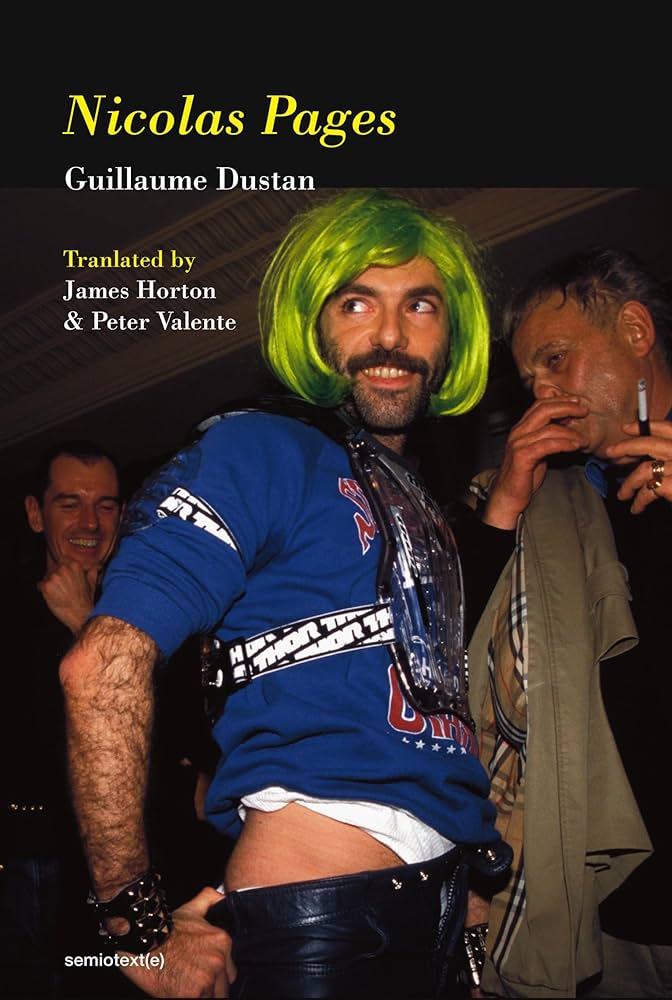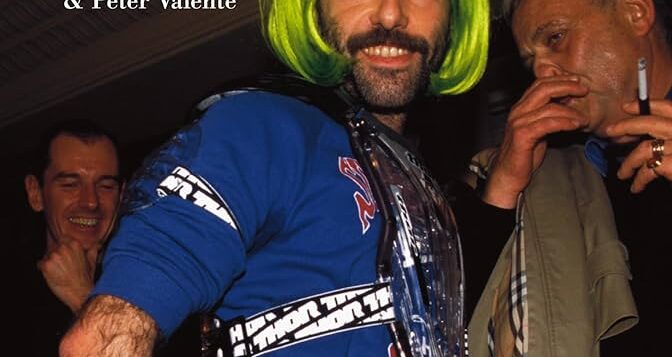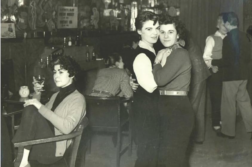 NICOLAS PAGES
NICOLAS PAGES
by Guillaume Dustan
Semiotext(e). 424 pages, $17.95
I’VE BEEN WATCHING Jerrod Carmichael’s new reality show Jerrod Carmichael Reality Show since it came out on HBO in early April. This is his most recent project since his 2022 comedy special Rothaniel, where he came out as gay in front of a live studio audience. The series, a personal exploration of Blackness, queerness, and strained family relationships, received an Emmy for Outstanding Writing. Carmichael’s humor is used less as a way to deflect vulnerability than as a way to underscore the awkwardness, consequence, and prevailing joy of what can only be described as unapologetic queerness.
In the first episode, Carmichael talks onscreen with one of his friends, who remains masked for the duration. His friend calls the show “masturbatorially public,” arguing that a documentary-style show, by its nature curated for an audience, is not true to life. There are shot lists, edits, framing. It might more accurately be characterized as autofiction, a genre that explores the personal with intentionality, intervention. Through autofiction, the self becomes both the narrative structure and its complication.
Autofiction is alive and well in Nicolas Pages, a novel by Guillaume Dustan newly translated by James Horton and Peter Valante.
Allison Armijo, the web editor for this magazine, is a recent graduate in creative writing from Emerson College in Boston.







